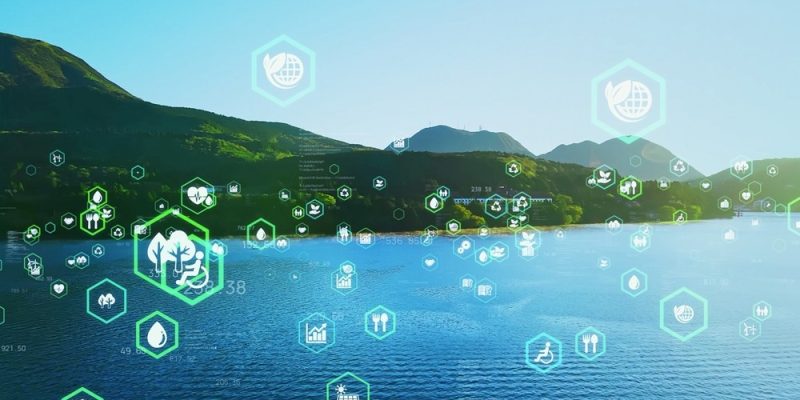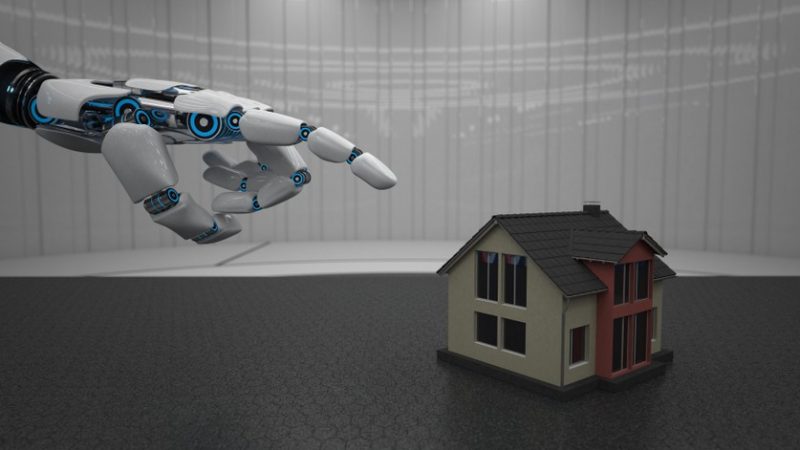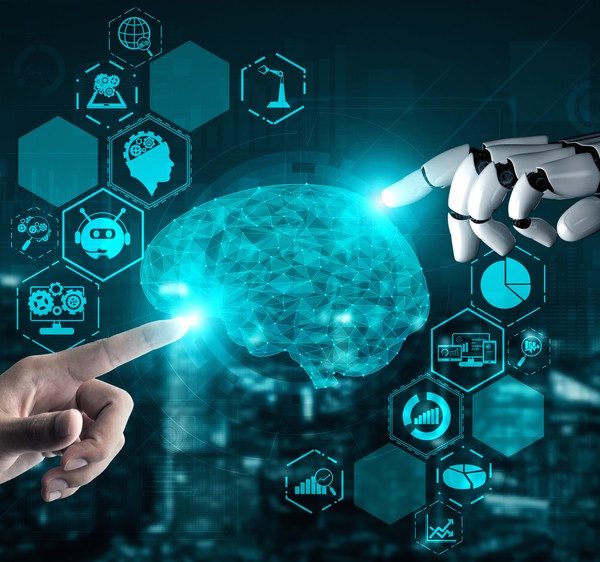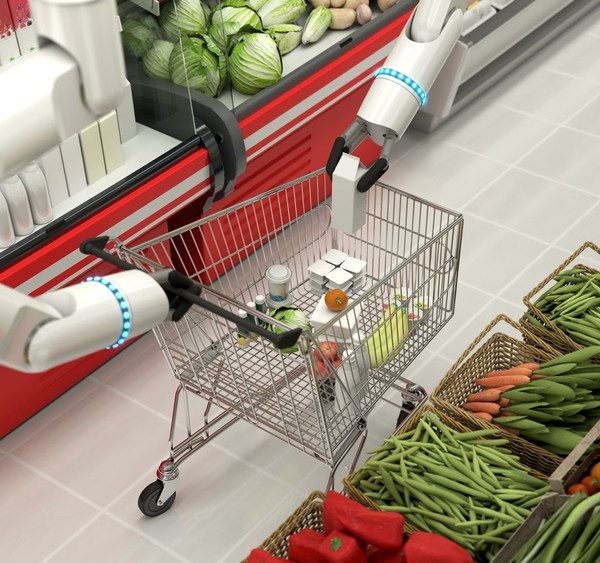
How Can AI Help Achieve Clean Water?
Clean water and sanitation are fundamental rights of every individual, yet many people around the world still do not have access to these basic necessities. High costs, advanced techniques, and modern skill administration have made it difficult to bridge the gap between the goal and the reality of providing clean water to everyone. However, advancements in technology, such as the Internet of Things (IoT) and Artificial Intelligence (AI), are helping to make access to clean water and sanitation a reality for more people than ever before.
In this blog, we will take a closer look at the role of AI in clean water management and sanitation, as well as the specific technologies that are involved in the water treatment and management plants.
AI for Clean Water Management
One of the biggest challenges in clean water management is monitoring water quality. AI is helping to make this task much easier and more efficient. By analyzing data from sensors and other monitoring equipment, AI can identify patterns in the water quality and predict when problems may arise. This helps water management teams to respond more quickly and prevent water contamination, which is crucial for public health.
AI is also being used to optimize the operation of water treatment plants. AI algorithms can help to optimize chemical dosages, adjust pumping rates, and even predict equipment failures before they occur. This not only saves time and money, but it also helps to ensure that water treatment plants are operating at peak efficiency.
AI for Sanitation
AI is also being used to improve sanitation systems. One example of this is in wastewater treatment plants, where AI is being used to optimize the treatment process and reduce the amount of chemicals needed. This helps to make the treatment process more environmentally friendly and cost-effective.
In addition, AI is being used to monitor sewer systems and detect leaks and other problems before they become major issues. This helps to prevent sewage spills and other environmental hazards.
The Advantages of AI in Improving Clean Water and Sanitation
As the world’s population grows, the need for clean water and sanitation has become increasingly important. Luckily, the rise of Artificial Intelligence (AI) has enabled new solutions for maintaining utilities and municipalities related to clean water and sanitation. In this article, we will explore how AI can benefit the water treatment industry, reduce costs, and optimize operations.
AI Technologies in Water Treatment and Management Plants
There are several AI technologies that are being used in water treatment and management plants. One of these is machine learning, which is being used to analyze data from sensors and other monitoring equipment. Machine learning algorithms can identify patterns in the data and make predictions about water quality and other important factors.
Another technology that is being used is predictive analytics. Predictive analytics algorithms can analyze historical data and make predictions about future events, such as equipment failures or changes in water quality.
Improved Water Treatment Facilities
Water treatment plants are essential to eliminate toxic chemicals from waste water, making it safe for reuse. However, these plants have limitations, including costly chemicals and high energy bills. This makes it difficult for managers to operate plant operations efficiently, leading to compliance violations.
AI helps existing IT investments and machines to assist in reducing operational expenses. AI analyses past performance and prescribes optimal control actions based on energy, chemical goals and real-time forecasted conditions. This leads to better optimization of operator’s time and focus on high priority site-specific goals, making AI feasible from both a financial and operational standpoint.
Innovative Services
AI is a powerful tool that can improve water deliverability and sanitation. It can monitor water quality activity more effectively and help build water-intensive industries.
AI algorithms can analyze data to detect anomalies and identify potential problems before they occur. With this technology, we can predict how much water will be needed for specific areas and ensure that the water supply is uninterrupted.
Identifying Harmful Organisms in Water using AI
Artificial Intelligence (AI) is revolutionizing the process of detecting bacteria and other toxic organisms present in water. With the help of IoT devices, AI technology can efficiently detect dangerous organisms and harmful particles in water. Different countries can implement different AI filters based on their topographical and chemical needs.
Characterizing Microbial Communities with Flow Cytometry
Flow cytometry is a powerful tool for characterizing microbial communities. This single-cell technology can measure thousands of individual cells in just seconds. It provides a rapid and accurate method for analyzing the types and quantities of microorganisms present in water samples.
Groundwater Level Analysis with AI
AI technologies are also useful for groundwater level analysis. They provide decision support in flood and groundwater management. AI has already shown remarkable results, and it has replaced traditional models in some cases. By exposing powerful synergies with data mining, AI can contribute significantly to the design of future water management support systems for cities.
Advanced Toilets: The Role of AI in Improving Sanitation and Healthcare
Advanced toilets are no longer just about providing a more comfortable and hygienic bathroom experience. With the advancements in Artificial Intelligence (AI) technologies, they are now capable of analyzing feces and diagnosing diseases. But that’s not all, AI also has the potential to revolutionize the way we monitor data, achieve sustainable goals, and improve sanitation and healthcare worldwide.
Read Also: AI in Home Care: How is it Used?
Better Data Monitoring with AI
The latest reports from UNESCO indicate that AI can ease the process of data monitoring for governments. With regular observations and data monitoring, AI helps governments to realize their goals and expectation ratios more efficiently. This, in turn, can lead to improved healthcare services and sanitation facilities for the general public.
Achieving Sustainable Goals with AI
AI technologies can help estimate clean and sustainable goals for both individuals and the public. This means that governments and organizations can utilize AI to plan and execute strategies that promote sustainability and improve healthcare outcomes.
Limitations of AI
Despite its many uses, AI also has its limitations. For instance, the technology currently lacks proper security and privacy measures. Additionally, the system requires modern machinery and a strong network infrastructure to function effectively. As a result, areas lacking these necessities cannot benefit from AI technology to the same degree.
The Way Forward
Even with the potential of AI, there are still many households around the world that lack proper sanitation facilities. Every year, numerous children die from diarrheal diseases caused by a shortage of clean water. While AI and related technologies play a significant role in promoting healthy conditions and providing safe drinking water, the responsibility ultimately falls on individuals to ensure personal and social hygiene.
Governments must also play their part by providing modern infrastructure and facilities for everyone to access clean drinking water – a basic necessity of life. By doing so, we can make significant progress towards achieving sustainable goals and improving healthcare outcomes for all.
Other AI Applications
People use AI in their everyday lives. It can be used at home, at the workplace, and in many other activities.
























